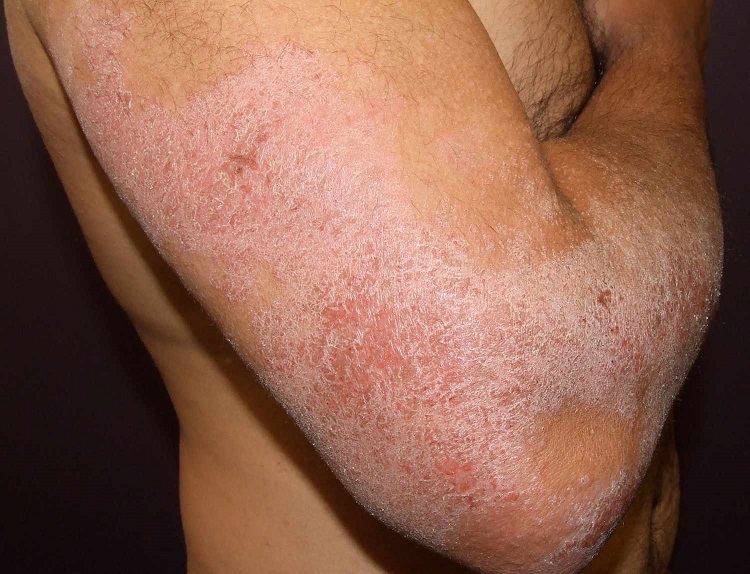
In recent years, bamboo sheets have gained immense popularity for their eco-friendliness, breathability, and softness, offering a luxurious sleep experience. However, amidst their rising fame, some individuals have reported allergic reactions to these seemingly benign bed linens, raising concerns and questions about their safety.
The allure of bamboo sheets lies in their natural properties—antibacterial, hypoallergenic, and moisture-wicking. They are lauded for being an excellent choice for individuals with sensitive skin or allergies to certain fabrics like cotton or synthetic materials. Despite this reputation, a fraction of users has encountered unexpected allergic responses, sparking a debate on the underlying causes.
Allergic reactions to bamboo sheets are uncommon but not unheard of. The culprit behind these reactions often isn’t the bamboo fibers themselves but rather the processing methods involved in turning bamboo into fabric. Bamboo fibers undergo various chemical treatments to transform them into the soft, silky material marketed as bamboo viscose or rayon. These treatments may involve harsh chemicals like sodium hydroxide and carbon disulfide, which, if not adequately removed during processing, can trigger skin irritations and allergic reactions in sensitive individuals.
Furthermore, some bamboo sheets might contain residual dye or additives used during manufacturing, adding another layer of potential allergens. Additionally, people with pre-existing allergies to bamboo plants might exhibit reactions due to residual plant proteins present in the fabric.
The symptoms of an allergic reaction to bamboo sheets can vary from mild to severe and may include:
- Skin Irritation: Itchy, red, or inflamed skin upon contact with the sheets.
- Respiratory Issues: Some individuals might experience breathing difficulties, coughing, or sneezing.
- Rashes or Hives: Raised, itchy bumps or welts appearing on the skin.
If you suspect an allergic reaction to your bamboo sheets, it’s crucial to take the following steps:
- Discontinue Use: Cease using the sheets immediately to prevent further irritation.
- Consult a Professional: Seek advice from a dermatologist or allergist for proper diagnosis and treatment.
- Switch to Alternatives: Consider trying organic cotton or linen sheets, which might be better tolerated by sensitive skin.
To mitigate the risk of allergic reactions when purchasing bamboo sheets, opt for products labeled as “organic” or “OEKO-TEX Standard 100” certified, ensuring they meet specific safety and environmental standards. These certifications often signify reduced chemical usage during manufacturing, potentially minimizing allergen exposure.
Conclusion
While bamboo sheets offer numerous benefits and are generally considered safe for most users, a small subset of individuals may experience allergic reactions due to various factors like residual chemicals, dyes, or plant proteins. Understanding the potential triggers and being vigilant about product certifications can help mitigate the risk of adverse reactions and ensure a comfortable, restful sleep experience for all.
Ultimately, if you’re considering allergic reaction to bamboo sheets, it’s wise to proceed with caution, prioritize high-quality, certified products, and seek professional advice if any concerns arise.






